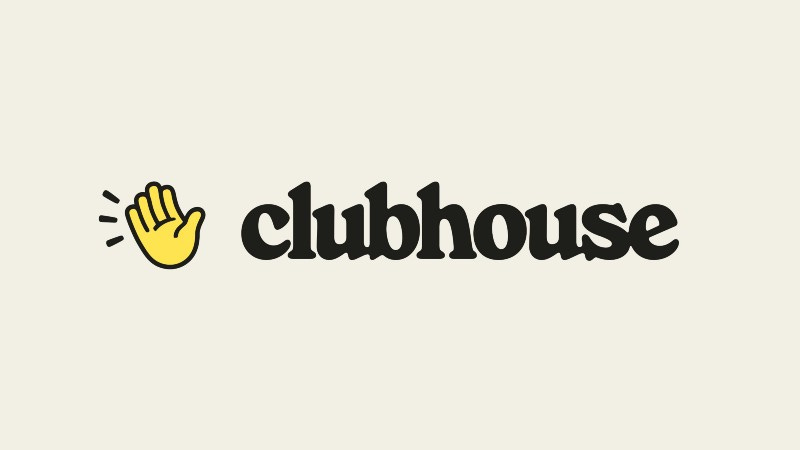I love Clubhouse and I’m not alone
This past week, Anu Atluru (head of community), Nina Gregory (news partnerships), and Aarthi Ramamurthy (head of international) left social…
This past week, Anu Atluru (head of community), Nina Gregory (news partnerships), and Aarthi Ramamurthy (head of international) left social audio app Clubhouse.
The company appears to be shifting its focus from a more creator/show-centric vibe to more community-centric one and these departures align with that type of thinking. Think about it, in between the shows, what do people do? Where do they hang out? Ultimately, in the past year and a half that I’ve been on the app, I’ve found that people stay on Clubhouse for the people they meet, not for the shows they attend.
Out of these three positions that are being departed, it’s Anu’s that may leave people scratching their head the most. The Head of Community is leaving? Isn’t that critical to the success of Clubhouse? And the answer is yes–however, I believe the company’s next Head of Community hire will be a different type of hire than Anu — instead of hiring someone who can manage the complexities of a large community, they’re going to be looking to hire someone who can equip a universe of communities to build on the platform (more on this later).
Clubhouse has always been a multiplayer game, a collaborative effort by many people — that’s what makes it special. Over the last year and a half, I’ve gotten to know both Anu and Nina through the community, tuning into Anu in Town Hall and Lessons in Moderation and getting my news from Nina’s news rooms in the What Just Happened? Club. Both of their impacts on the community at Clubhouse did not go unnoticed!
But with their departures has come renewed questions about what the company’s future looks like as well as the whether social audio is here to stay. Despite the general waning sentiment, I’m still bullish on not only Clubhouse but also social audio. Clubhouse, by far, has the best social audio experience, it’s far more usable than Twitter Spaces and offers features that are light years ahead (Music mode, room chat, bigger stages, better discovery). The team is also shipping and firing on all cylinders, which is a lot more than you can say about the Twitter Spaces team which is quite literally fighting for its life.
Voice is without a doubt the best means of communication, the more I go back to Twitter, the more antiquated it feels to me. Sure, text has its purpose, but for community building? Voice is where it’s at. That’s why web3 projects (including NFTs) have been leveraging voice so much — it enables much better communication. Frankly I find it incredible we’ve been online so long without such a seamless voice experience. The Clubhouse app is voice-focused and everything the team builds is geared towards creating the best possible voice experience you can find online.
Future of Clubhouse
The future of Clubhouse will look different than its current form. In the past two years the team has been compiling data and doing deep analysis on how and why people use the app–and now, I believe they figured it out. The power of Clubhouse isn’t just as a giant community, it’s about the people in the community — who they’ve met on (and off) the app and their collective experiences.
In my opinion, if you want to think about the future of Clubhouse, it’s more akin to Discord than a standalone social network that’s primarily audio-focused. And with that shift in perspective things look a lot more promising. These days you’re hard pressed to find someone who says “I love Discord!” — the once mainly gamer-focused community app has continued to balloon in features and complexity over the years. When NFTs and DAOs became more popular in the last year many of these web3 projects set up their own Discord servers as their community hubs, only to realize shortly thereafter that Discord isn’t the ideal app for these types of communities. And that’s not really a surprise, after all, Discord is a web 2 tool in a web3 world — something Clubhouse is thinking hard about as they want to avoid this fate.
In recent Clubhouse Town Halls, co-founder Paul Davison has made several comments and posed several questions to the community about web3 and what web3 may look like within the Clubhouse ecosystem, including but not limited to questions about web3 integrations and even token gating of clubs. Plus he’s made reference to building the app on web3 rails instead of web 2 rails numerous times.
It’s those types of communities that will find a more Discord-esqe style Clubhouse experience to be welcome option to the community building toolkit. One factor I think Clubhouse has a massive advantage over Discord right now is in Discovery. The Clubhouse team has been working on improving discovery on the app for over a year now — all this work has already made the hallway much better (especially in comparison to Twitter Spaces) and I believe we’ll see new ways discovery will play a crucial role in the future.
There’s no way around it: the loss of Anu, Nina, and Aarthi stings. However, the shift to focus on engineering, product, and growth over creators is the right one. And with Twitter’s deal with Elon Musk now in potential jeopardy, it’s a perfect time for Clubhouse to break through with a better product and better experience. If we’ve learned anything over the last decade it’s that these social platforms haven’t truly innovated or cared about user privacy in the slightest — so why are we expecting they will start now?
TLDR: don’t sleep on Clubhouse… or do. 🤪


